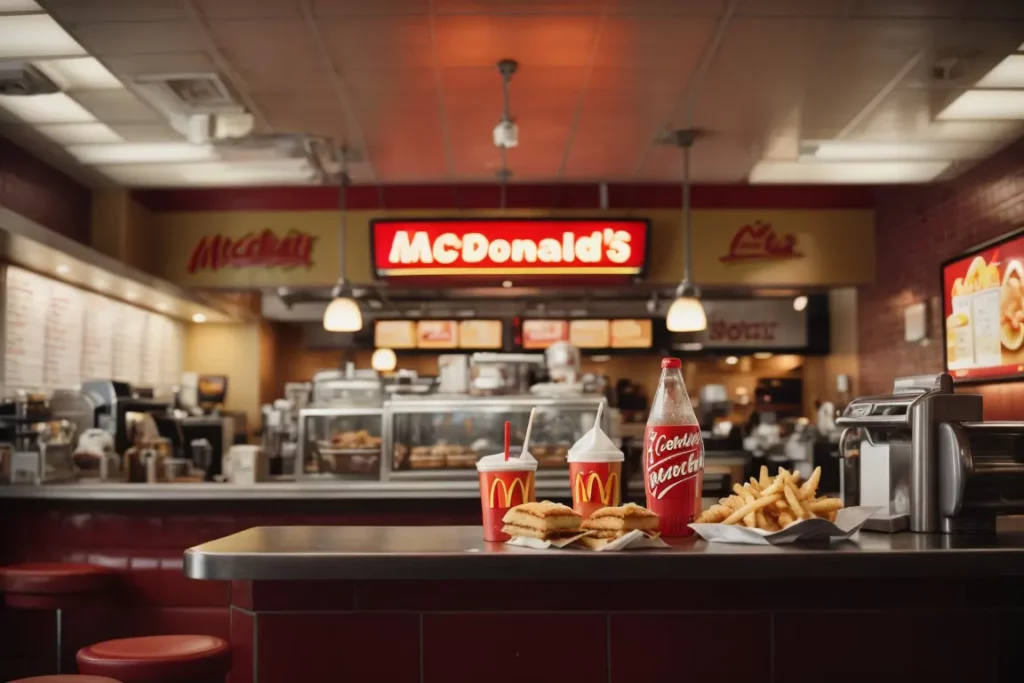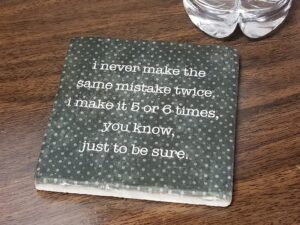My Intermittent Fasting Journey: From Accidental Habits to Intentional Health
For most of my life, I practiced a form of intermittent fasting without even realizing it. When I was younger, skipping breakfast and lunch wasn’t a strategy—it was just how my days went. I’d get caught up in work, projects, or just lose track of time, and by the time I sat down to eat, it was usually dinner. Back then, I didn’t call it fasting. It was just living. But recently, I’ve come across a growing body of research that highlights what I was doing all along—and it’s made me want to approach it with purpose.
Understanding the Science
 Intermittent fasting (IF) isn’t a diet. It’s a pattern of eating that cycles between periods of fasting and eating. There are several styles—like the 16:8 method, where you fast for 16 hours and eat within an 8-hour window, or the 5:2 method, which involves eating normally five days a week and drastically reducing calories for the other two.
Intermittent fasting (IF) isn’t a diet. It’s a pattern of eating that cycles between periods of fasting and eating. There are several styles—like the 16:8 method, where you fast for 16 hours and eat within an 8-hour window, or the 5:2 method, which involves eating normally five days a week and drastically reducing calories for the other two.
What drew me in wasn’t just weight control. Sure, the idea of shedding a few extra pounds is appealing, but what I found even more fascinating was the growing evidence around fasting and longevity, immunity, brain health, and even cancer prevention.
Research from experts like Valter Longo, Ph.D., author of The Longevity Diet, shows that fasting can help the body regenerate by clearing out old immune cells and replacing them with new, more effective ones. It’s like giving your system a spring cleaning. This happens through a process called autophagy, where the body breaks down and recycles damaged cells—a mechanism that appears to kick in strongly when we stop feeding ourselves constantly.
Making the Shift from Accidental to Intentional
Now that I know what intermittent fasting can do, I’ve started to approach it more deliberately. Instead of just skipping meals when life gets busy, I plan my fasts. Right now, I’m following a 16:8 routine on most days. I stop eating around 8 p.m. and break my fast around noon the next day. It fits my schedule well, and I’ve found that my energy levels have actually gone up—not down.
That surprised me at first. I used to believe I needed a hearty breakfast to function. But once I adjusted, I realized I didn’t miss it. Instead, I feel sharper and more focused in the mornings. That mental clarity, which some researchers attribute to ketones produced during fasting, has become one of my favorite side effects.
A Few Challenges Along the Way
Of course, not everything about fasting is easy. Social events can be tricky. There’s always that one brunch or lunch meeting that falls during my fasting window. When that happens, I adapt. Fasting shouldn’t feel like a punishment. If I need to break my fast early, I do it, and I just pick up the routine the next day.
The hunger pangs were real during the first week. Drinking plenty of water and black coffee helped me get through those rough patches. I’ve also learned to distinguish between actual hunger and just the habit of eating at a certain time.
Fasting and Immune Health
One reason I’ve become more committed to fasting is its impact on the immune system. The article I read recently emphasized how fasting, especially in time-restricted windows, can enhance immune defenses. In clinical studies, fasting has been linked to better outcomes in chronic conditions and fewer inflammatory markers. In our world—where immune strength matters more than ever—that’s a big win.
What I Eat Matters Too
Fasting isn’t a free pass to eat junk during the eating window. I’ve become more mindful about what I eat. I focus on whole foods—vegetables, lean proteins, healthy fats. I’ve added more vitamin C-rich produce like bell peppers and citrus fruits, and I’m mindful about getting enough zinc and vitamin D, both crucial for immune function.
Where I’m Headed Next
Now, I’m looking into longer fasts—24-hour or even 48-hour water-only fasts, done safely and occasionally. I’ve read that these extended fasts can further stimulate autophagy and promote deeper cellular repair. I’m still researching, and I’ll likely consult with a doctor before taking that step, but it’s something I’m excited to try.
✅ My Intermittent Fasting Checklist
🧠 Mindset & Planning
☐ Decide your why (health, energy, longevity, focus)
☐ Pick a method (I use 16:8 — fast 16 hrs, eat within 8)
☐ Set a consistent daily eating window (e.g., 12 p.m. – 8 p.m.)
🍽️ During Fasting Period
☐ Drink water regularly 💧
☐ Optional: black coffee ☕ or plain tea 🍵
☐ Avoid snacks or anything with calories 🚫
🕒 Eating Window Habits
☐ Break fast with whole, nutrient-rich foods 🥗
☐ Include healthy fats, lean proteins, and veggies 🥑🍗🥦
☐ Limit sugar and processed carbs 🍩❌
🛡️ Health & Immunity Boosts
☐ Add foods with vitamin C (peppers, oranges) 🍊
☐ Get vitamin D (sunlight or supplements) ☀️
☐ Include zinc-rich foods (nuts, seeds, beans) 🌰
📅 Long-Term Practices
☐ Listen to your body and adjust as needed 🧘♂️
☐ Don’t stress if you break the fast early—just restart the next day 🔁
☐ Consider extended fasts (24–48 hrs) occasionally, with medical guidance 🏥
Final Thoughts
If you’d told me years ago that skipping breakfast might be one of the best things I could do for my health, I wouldn’t have believed it. But today, intermittent fasting has become a cornerstone of how I live. It’s simple, flexible, and backed by science. More importantly, it feels good.
For anyone curious about trying it, I’d say start small. Skip one meal. Pay attention to how you feel. And remember—it’s not about deprivation. It’s about giving your body time to rest, reset, and heal.


